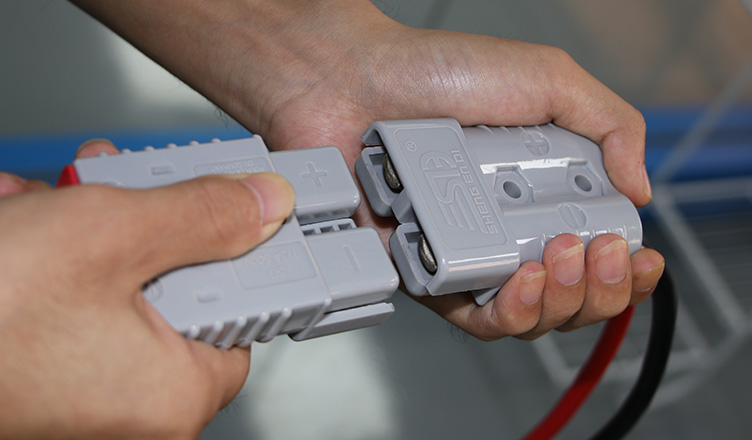In the era of smart charging, the use of large-capacity lithium batteries has become a common choice for charging and hybrid equipment. This paradigm shift requires an overhaul of charging device architecture, and connectors are at the forefront of this shift. Although it seems that charging equipment is still facing challenges in terms of capacity, safety, convenience, etc., it is undeniable that charging has become a new growth point and the trend is unstoppable. This overall trend undoubtedly provides valuable opportunities for the connector industry.

Significant growth rates in the electric vehicle (EV) industry, which includes the production of electric vehicles, residential and highway charging stations, and charging cables, portend significant market opportunities. The development of electric equipment has paralleled the transformation of vehicle fuel sources, and pioneering electric vehicles are being integrated into more efficient new-age power transmission infrastructure. With the continuous launch of numerous electric vehicles and related equipment, the changing needs of the market are driving the emergence of more and more hardware and components.
However, in this evolving industry supply chain, there is a fundamental question that needs to be addressed: Do consumers have confidence in the safety of electrical equipment and its associated components? This is a crucial question.

An electrical equipment connector (eg:High Current Connector Plug,Power Connector Charging Plug ) is a combination of plugs, sockets and connectors used to transmit power from an external power source to a vehicle. These devices include connector and terminal assemblies designed for power, ground, communications and navigation control, housed in rugged plastic housings.
Sealing of high voltage circuits is critical as unsealed lines can lead to failure modes such as short circuits. As we all know, water and electricity don't mix. A circular seal on the conductive ring and a perimeter seal on the connector ensure a true seal, preventing moisture intrusion and avoiding issues such as overheating or sparking. High voltage systems require stronger seals than traditional 12V systems because the higher the voltage, the greater the potential for arcing events.
In summary, industrial connectors (eg:Forklift Charger Battery Connector Charging Plug) play an integral role in the ongoing revolution in electric vehicle charging infrastructure. As the market for electrical equipment and related components continues to grow, ensuring the safety and reliability of these connectors is critical. The connectors' rugged sealing and advanced design ensure seamless transmission of power, supporting the expanding ecosystem of electric vehicles and charging stations.
 Guangdong SED Co., Ltd.
Guangdong SED Co., Ltd.
 +86 13763213143
+86 13763213143
 info@dmictech.com
info@dmictech.com


